Brian McGinty - Lincolns Greatest Case: The River, the Bridge, and the Making of America
Here you can read online Brian McGinty - Lincolns Greatest Case: The River, the Bridge, and the Making of America full text of the book (entire story) in english for free. Download pdf and epub, get meaning, cover and reviews about this ebook. year: 2015, publisher: Liveright, genre: Politics. Description of the work, (preface) as well as reviews are available. Best literature library LitArk.com created for fans of good reading and offers a wide selection of genres:
Romance novel
Science fiction
Adventure
Detective
Science
History
Home and family
Prose
Art
Politics
Computer
Non-fiction
Religion
Business
Children
Humor
Choose a favorite category and find really read worthwhile books. Enjoy immersion in the world of imagination, feel the emotions of the characters or learn something new for yourself, make an fascinating discovery.

- Book:Lincolns Greatest Case: The River, the Bridge, and the Making of America
- Author:
- Publisher:Liveright
- Genre:
- Year:2015
- Rating:5 / 5
- Favourites:Add to favourites
- Your mark:
Lincolns Greatest Case: The River, the Bridge, and the Making of America: summary, description and annotation
We offer to read an annotation, description, summary or preface (depends on what the author of the book "Lincolns Greatest Case: The River, the Bridge, and the Making of America" wrote himself). If you haven't found the necessary information about the book — write in the comments, we will try to find it.
The untold story of how one sensational trial propelled a self-taught lawyer and a future president into the national spotlight.
In the early hours of May 6, 1856, the steamboat Effie Afton barreled into a pillar of the Rock Island Bridgethe first railroad bridge ever to span the Mississippi River. Soon after, the newly constructed vessel, crowded with passengers and livestock, erupted into flames and sank in the river below, taking much of the bridge with it.
As lawyer and Lincoln scholar Brian McGinty dramatically reveals in Lincolns Greatest Case, no one was killed, but the question of who was at fault cried out for an answer. Backed by powerful steamboat interests in St. Louis, the owners of the Effie Afton quickly pressed suit, hoping that a victory would not only prevent the construction of any future bridges from crossing the Mississippi but also thwart the burgeoning spread of railroads from Chicago. The fate of the long-dreamed-of transcontinental railroad lurked ominously in the background, for if rails could not cross the Mississippi by bridge, how could they span the continent all the way to the Pacific?
The official title of the case was Hurd et al. v. The Railroad Bridge Company, but it could have been St. Louis v. Chicago, for the transportation future of the whole nation was at stake. Indeed, was it to be dominated by steamboats or by railroads? Conducted at almost the same time as the notorious Dred Scott case, this new trial riveted the nations attention. Meanwhile, Abraham Lincoln, already well known as one of the best trial lawyers in Illinois, was summoned to Chicago to join a handful of crack legal practitioners in the defense of the bridge. While there, he succesfully helped unite the disparate regions of the country with a truly transcontinental rail system and, in the process, added to the stellar reputation that vaulted him into the White House less than four years later.
Re-creating the Effie Afton case from its unlikely inception to its controversial finale, McGinty brilliantly animates this legal cauldron of the late 1850s, which turned out to be the most consequential trial in Lincolns nearly quarter century as a lawyer. Along the way, the tall prairie lawyers consummate legal skills and instincts are also brought to vivid life, as is the history of steamboat traffic on the Mississippi, the progress of railroads west of the Appalachians, and the epochal clashes of railroads and steamboats at the rivers edge.
Lincolns Greatest Case is legal history on a grand scale and an essential first act to a pivotal Lincoln drama we did not know was there.
18 illustrationsBrian McGinty: author's other books
Who wrote Lincolns Greatest Case: The River, the Bridge, and the Making of America? Find out the surname, the name of the author of the book and a list of all author's works by series.

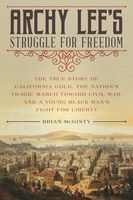
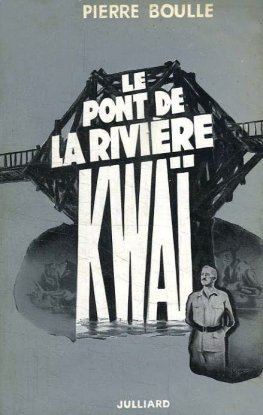
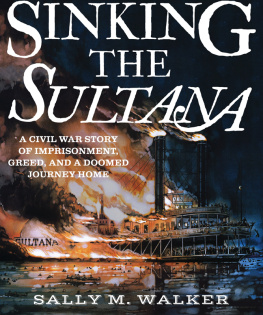
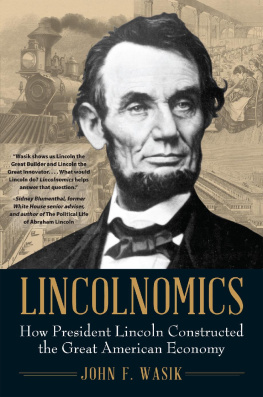
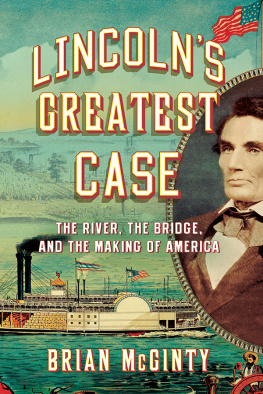
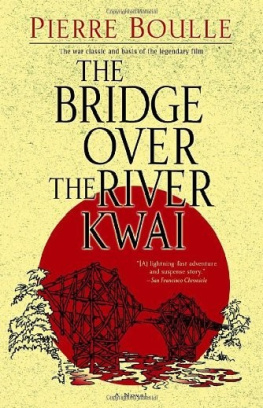
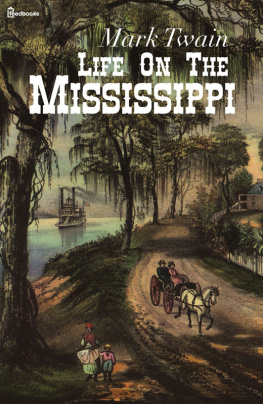




 LINCOLNS
LINCOLNS